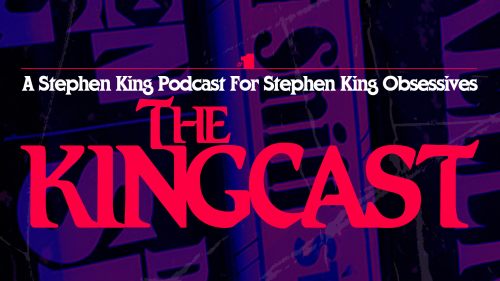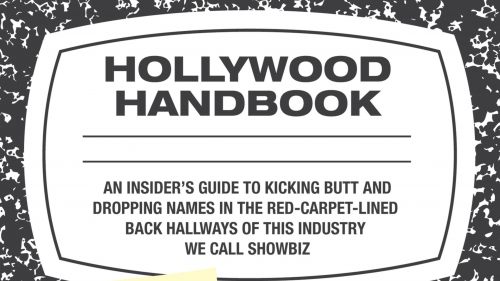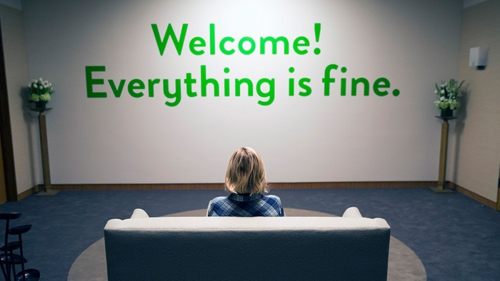A Tribute To HOW DID THIS GET MADE?
There’s an overwhelming number of excellent podcasts dedicated to films; ones covering new releases (too many), studies of old Hollywood (You Must Remember This), watching the same film every week for a year (The Worst Idea of All Time) and breaking films down into 1 minute morsels (One Heat Minute). And while a bulk of these podcasts are dedicated to discussing the ‘best’ films, it’s the one about examining the worst that’s offering the greatest celebration of cinema: How Did This Get Made?
Since 2010, comedians Paul Scheer, June Diane Raphael and Jason Mantzoukas have met to discuss ‘bad films’ on How Did This Get Made? They’re often joined by guests who weigh in on the merits of films like Battlefield Earth, Street Fighter, Mac and Me and Anaconda. Sometimes filmmakers will show up to defend themselves such as the Punisher: War Zone episode where director Lexi Alexander talked the team through the process of making the film alongside one of its biggest defenders, Patton Oswalt.
Of course, the idea of what makes a film ‘bad’ is subjective. You can debate whether certain films deserve to be covered — a personal favourite is bound to end up on the show — but for eight years the How Did This Get Made? team has approached these films based on their bad reputation. The experiences of the team and their guests reflect the shared trauma of enduring a terrible film but the enlightening part is when they try to process what they’ve seen with great humour and admiration for the filmmaking process. The hosts and their guests are mostly writers, directors and performers, so part of the fun is poking fun of the industry from inside its walls.
How Did This Get Made? rarely punches down on the films they’ve picked. They make jokes about the films selected but it’s always done in jest. The show highlights that terrible films can be entertaining by embracing their flaws and reveling in the wild decision making that sent each film in the wrong direction. After watching these baffling films it’s a cathartic process to decompress with other people and the hosts of How Did This Get Made? perfectly embody the way we come to terms with the loony side of cinema.
Paul has all the research and is an expert at detailing all the chaotic behind-the-scenes stories; Jason’s wild observations and reactions are a riot; and June provides insightful critical observations while asking the questions on everyone’s mind; June’s “what exactly is a Street Fighter?’ is one the podcast’s finest hours.
How Did This Get Made? is a tribute to when the best intentions go bad. After all, nobody ever truly sets out to make a bad movie. Furthermore, the show is a shining example of how to love something wholeheartedly. On How Did This Get Made? bad films are treated with the same level of examination and attention as good films on other podcasts. To be a film fan you have to take the bad with the good, otherwise, how will you know the difference? In turn, the people who choose to celebrate these scorned films are accepted and heard without judgment.
At a time when the commentary around films has reached Chernobyl levels of toxicity, How Did This Get Made? is a shining example of a healthy community of cinephiles engaging positively under negative circumstances — a modern miracle. Most episodes are recorded in a studio but when How Did This Get Made? does a live show you get to experience its true magnificence. Fans ask questions, present outrageous fan theories and sing songs dedicated to show segments such as ‘second opinions’ where Paul reads out 5-star reviews pulled from Amazon. It’s uplifting to hear people celebrate something they love during these live shows.
The idea of bad movies as a guilty pleasure gets obliterated by the proud enthusiasm of the cult audience built around these films and the podcast. There are times where I’ve cried tears of laughter and joy at hearing how films and their fans are celebrated on How Did This Get Made? If only the wider film culture could learn from what this podcast preaches about coming together to discuss movies.



